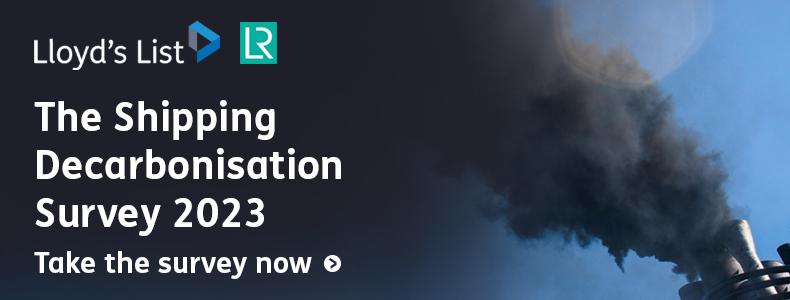MOL to study trial use of liquefied bio-methane in LNG-fuelled carriers
Transport company aims to use the alternative fuel on its coastal LNG-fuelled vessel later this year
LNG fuel is expected to reduce carbon dioxide emissions by about 25% compared to conventional fuel oil, with further reduction expected through the partial use of liquefied bio-methane
MITSUI OSK Lines has partnered Japanese chemical company Air Water to jointly study the trial use of liquefied bio-methane in LNG-fuelled vessels.
The companies will test whether liquefied bio-methane can be transported, supplied and used without problems using existing shore and onboard equipment.
The goal is to use liquefied bio-methane on MOL Group’s coastal LNG-fuelled vessel between the second and third quarter of 2023, according to a statement.
The liquefied bio-methane will be produced from cattle manure in Hokkaido. This will be the first use of the gas as a marine fuel in Japan.
MOL is moving toward decarbonisation to achieve net-zero greenhouse gas emissions by 2050 and shifting to greener alternative fuels such as ammonia and hydrogen.
Since the introduction of LNG-fuelled vessels is an effective way to achieve low carbon emissions in this early stage, MOL is accelerating the deployment of LNG-fuelled vessels while taking initiatives aimed at the early introduction of the use of bio-methane and synthetic methane.
LNG fuel is expected to reduce carbon dioxide emissions by about 25% compared to conventional fuel oil, with further emissions reductions expected through the partial use of liquified bio-methane as a carbon-neutral energy source.
In addition, the current LNG supply chains could be used, because the main component of both liquefied bio-methane and LNG was methane, MOL said.

